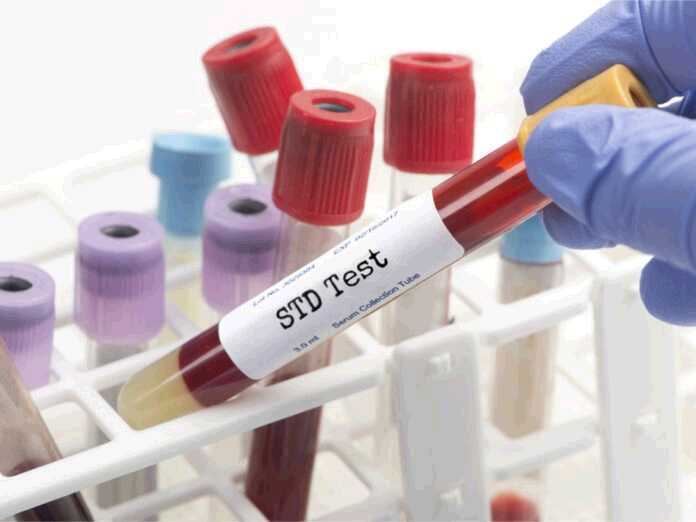
Many STDs are incurable. Antibiotics cannot cure viral infections caused by STDs. Treatment options address symptoms, but the actual virus remains in the body. Even if symptoms disappear after taking medication, a person will still be a carrier. Transmission can still occur even without symptoms for these incurable STDs.
There are some vaccines available that limit the chances of contacting certain viral STDs, but they work as a preventative measure. Incurable STDs, like herpes, linger in the body long after symptoms dissipate.
Other Viral STDs That Are Incurable
HIV is the most widely known incurable STD. There is no cure for it. Care and treatment can slow down the progress of the infection. When a person who is HIV-positive’s viral load is low enough to be virtually undetectable, the risk of transmission decreases. However, a person who is HIV-positive is always at risk of giving it to their partner.
Chronic Hepatitis B also lingers in the body after initial infection. Anyone diagnosed with chronic hepatitis B will require treatment for the rest of their lives. Regular treatments reduce the risk of liver disease, and passing the infection on to others. Vaccinations are available as a preventative measure. However, it does not cure the condition.
Some strains of genital HPV are also incurable. Doctors can ease outbreak symptoms, but the virus remains in the body. It can reoccur in the same area. Vaccinations are available that prevent some strains of HPV.
Final Thoughts
The risk of contracting an incurable STD is high. These infections remain for life. Preventative measures such as safe sex practices and regular testing are the best ways to keep safe.






























